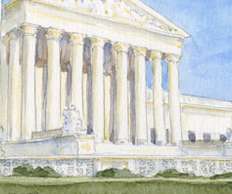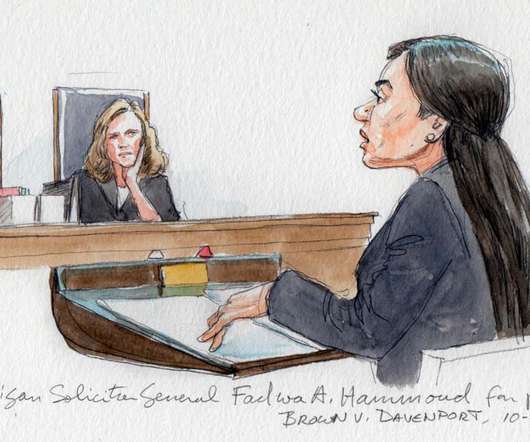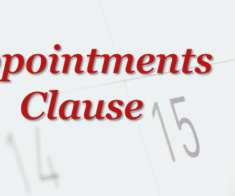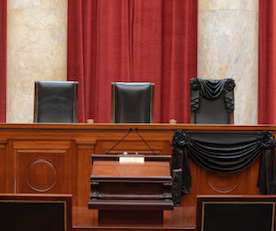6th Circ. Won't Reverse 'Willy-Nilly' For Insurer's Advisor
Law 360
JANUARY 25, 2024
it wouldn't reverse a Michigan federal court's decision "willy-nilly" at oral arguments Thursday, when the firm sought to prevent partial reimbursement for underlying stock valuation litigation while its insurer continued to fight for total payback. A Sixth Circuit panel told investment firm Stout Risius Ross Inc.


















Let's personalize your content